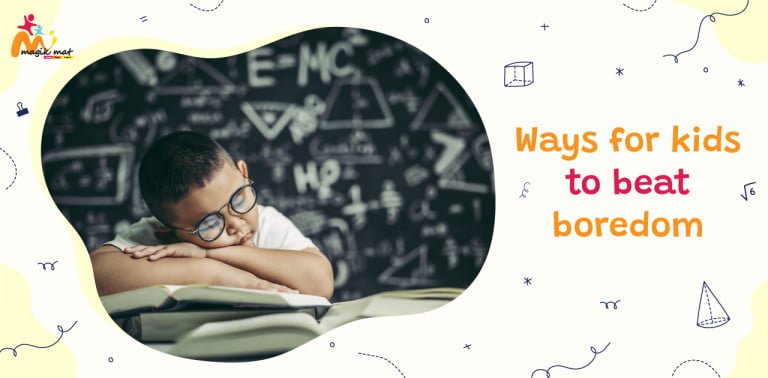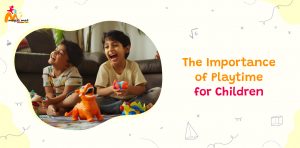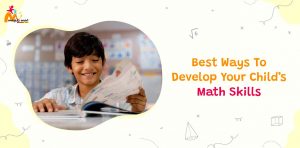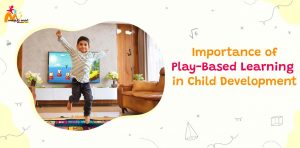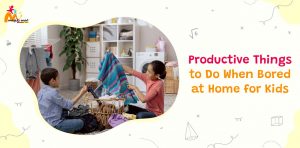The Global Covid-19 pandemic is wreaking havoc on children’s health, education, and social well-being across the world. The outcome of the novel coronavirus and its impact on people’s lifestyles was impossible to predict and adapting to the new normal was challenging for everyone. As the COVID-19 catastrophe spreads all over the world, it is affecting the lives of children and has permeated almost every aspect of their life. The closure of schools, confinement, and social isolation increased the children’s risk of uneducation, their exposure to domestic abuse, anxiety, and stress, and their vulnerability to exploitation. Increased and unsupervised internet use has worsened developmental concerns in children, toddlers, and adolescents. They have spent more time at home as a consequence of infection control initiatives and have become accustomed to using technological gadgets including TVs, smartphones, and tablets. While technology paves a way for education and social connection, its increased usage may ameliorate some of the crisis’s repercussions but offers special challenges to children’s physical, mental health, and development. Today, smartphones and other modern technological devices are having an enormous impact on the lives of many young generations, such as lowering the quality of home-schooling and social interactions when compared with those who learn via school or in-person encounters. As a result of the pandemic, children are exposed to physical and psychological stress, and ubiquitous digitalization has increased education loss in them, having a direct and substantial impact on their learning. Unnecessary use of screen-based technology is gradually infiltrating children’s lives. Moreover, lockdown guidelines and limitations have hindered children from participating in extracurricular activities and building relationships with supportive adults at school and in their neighborhoods, which has compromised their holistic development. Addiction has developed due to smartphone usage among children, adolescents and has impeded teenagers amidst the COVID-19 pandemic. There have been detrimental psychological, and behavioral impacts, among school-age children. In fact, too much screen time may/ has led to autism, sleeplessness, anxiety, and even addiction to gadgets themselves. Overuse of electronics during the Covid-19 pandemic has contributed to anxiety, sadness, addiction, and other problems in children.
Child education is a concept built on imagination, creativity, excitement, and creating an ardent desire and eagerness to learn new things. Innovative learning approaches and practices may enhance children’s confidence and generate real interest in the topics they learn. Our AI-enabled Edutech product Magik Mat was developed in order to address and overcome the difficulties that children have faced or are facing with learning amidst the pandemic.
Magik Mat is the world’s first educational instrument that is an interactive, gaming, engaging, and immersive learning specialist, allowing kids to remember and recall what they have learned via innovative learning and combating boredom, particularly during these unprecedented times due to Covid-19. In designing this AI-enabled Edutech product, the major aim was to enable and attract kids to innovative learning by allowing them to study while playing and to understand and remember what they have learned. Magik Mat is a multi-purpose smart learning gadget for children or students in the school which plays a key factor in inspiring them to experience “Learning” via mind and body while playing. Further, it assists to increase physical activities, boosts, and develops the brain capacity of kids. It is a tool that can aid parents or teachers ease the stress of a workload. The well-engineered prototype of Magik Mat teaches ENGLISH, MATHS, EVS, RHYMES, STORIES, QUIZ, Colors, SPELLING, VOCABULARY, GRAMMAR, and other activities to Enhance & Develop the Mental Ability of Children. Magik Mat includes a plethora of pre-designed learning concepts and activities as well as several other elements of child learning that will strengthen and boost their confidence and develop an interest in them to learn effectively and efficiently.

